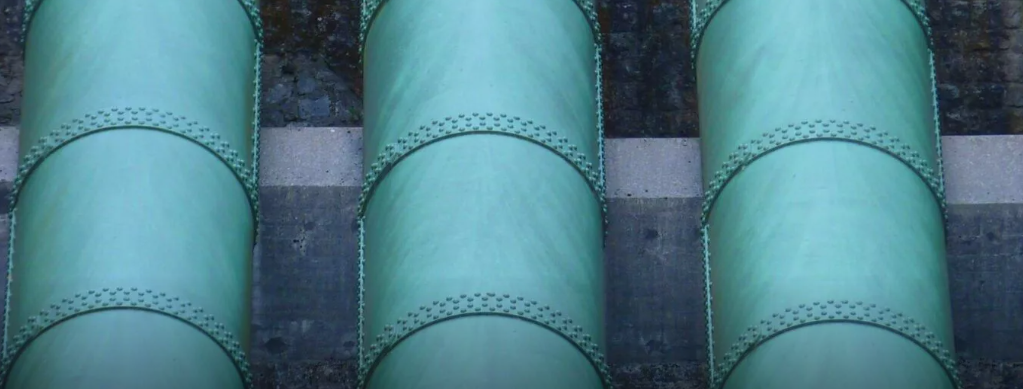
APA Group, a major energy infrastructure company, has successfully completed testing to determine the feasibility of converting a section of its Parmelia Gas Pipeline in Western Australia for hydrogen transportation.
The results indicate that approximately half of APA’s pipelines have the potential to be used for hydrogen transport, supporting the company’s strategy to remain relevant during the transition to low-carbon energy.
The focus of the testing was the last 43-kilometer section of the Parmelia Gas Pipeline, which could be converted to carry up to 100 percent hydrogen. This conversion aligns with the plans of APA and Wesfarmers to transport hydrogen to Wesfarmers’ chemicals and fertilizer plants in Kwinana. If the project proceeds, it will mark the first conversion of a pipeline in Australia specifically for hydrogen transportation.
APA’s CEO, Adam Watson, described the milestone as significant not only for APA but also for the broader energy industry. While acknowledging that hydrogen is not expected to replace gas immediately, Watson emphasized the encouraging aspect of having pipeline infrastructure capable of supporting hydrogen transportation in the future as hydrogen economics evolve.
The laboratory testing conducted on the Parmelia Gas Pipeline is the second stage of APA’s examination of the conversion process. Although the costs and timing of the conversion are yet to be determined, the testing confirmed the safety and efficiency of converting the pipeline to carry hydrogen at current operating pressures, either as a blend or pure hydrogen. Extrapolating the findings to APA’s 15,000 kilometers of gas transmission lines across Australia suggests that at least half of the lines could be utilized for hydrogen transportation with minimal operational changes.
The project received partial funding of $300,000 from the Western Australian government’s renewable hydrogen fund, emphasizing the government’s commitment to supporting the state’s renewable hydrogen industry and the transition to a sustainable, net-zero economy.
Watson highlighted the potential of transitioning APA’s existing pipeline infrastructure to hydrogen transport, citing cost and time advantages compared to building new infrastructure. Converting a gas pipeline to run on hydrogen is estimated to cost only 10-20 percent of constructing a new pipeline, with a timeline ranging from 25-40 percent of that required for new infrastructure projects.
However, the suitability of APA’s pipelines for hydrogen transport depends on factors such as the age and type of asset. Some pipelines may lack the necessary steel intensity to securely transport and store hydrogen. This distinction is important when considering the high-pressure transmission system, as the low-pressure gas distribution network has different limitations, allowing only a maximum of 10-15 percent hydrogen in the gas stream to avoid operational impacts or the need for consumer appliance modifications.
APA Group’s progress in testing pipeline conversion for hydrogen transportation demonstrates the potential for existing infrastructure to play a vital role in facilitating the transition to lower-carbon fuels. By leveraging their extensive pipeline network, companies like APA can contribute to Australia’s hydrogen ambitions, providing cost-effective and efficient means of transporting this clean energy source.